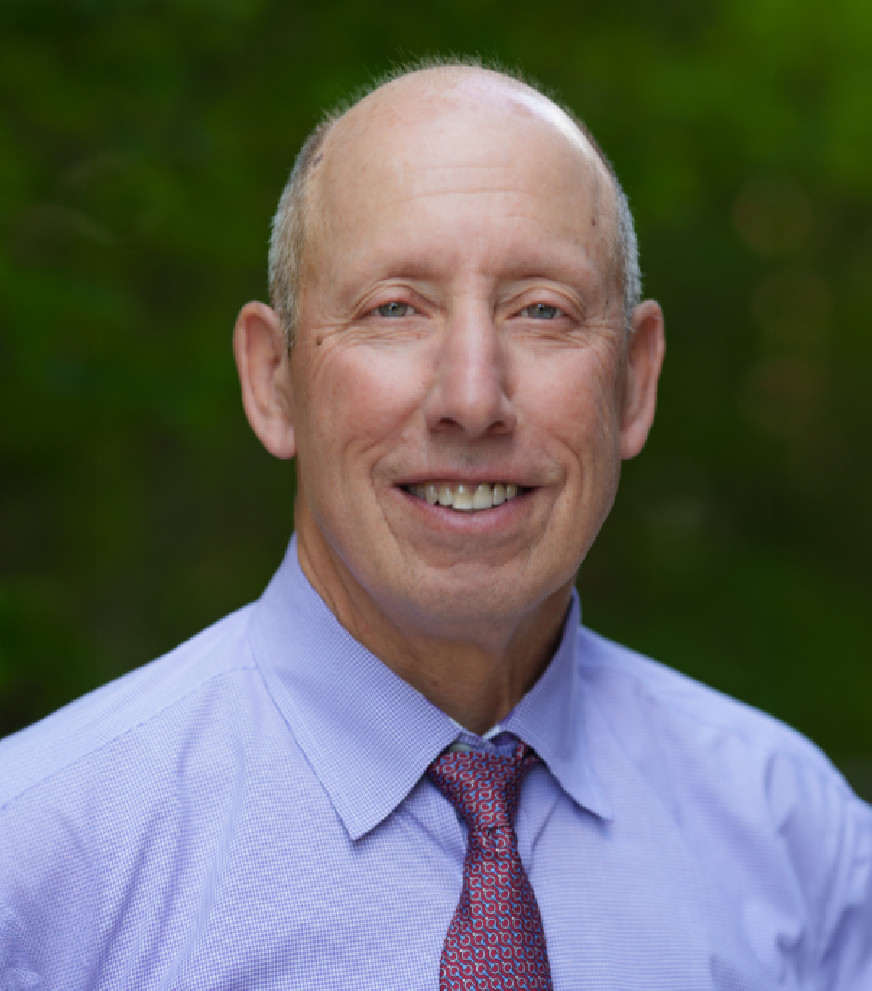
Oh, What a Year!
Looking Back so We Can Look Forward: Assessment and Accountability Challenges During a Pandemic
Most people want to close the door on 2020 as quickly as possible. This year was hard and sad for so many people. My heart goes out to those who lost loved ones and/or were victims of a collapsing economy. I also recognize just how hard everyone in education from the classroom to the statehouse—including and especially parents—had to work this year, something I witnessed up close as a school board member. It was like a game of three-dimensional chess being played on ball bearings. I marveled at already overworked state leaders developing one contingency plan after another as conditions and science evolved. It is through this lens that I reflect on the Center’s good fortune in being able to support our clients and the field in wrestling with pandemic-related assessment and accountability challenges.
#StatesLeading: Addressing Assessment and Accountability Challenges with CCSSO and State Leaders
We moved quickly as soon as it became clear that school buildings across the country were going to be shuttered. I was flying home on March 16th when I joined a Council of Chief State Schools’ (CCSSO) webinar with my Center and CCSSO colleagues and essentially all of the nation’s assessment and accountability state leaders trying to strategize about spring 2020 testing. This was the first of dozens of webinars we co-led with CCSSO this year (but the only one literally examining issues from 35,000 feet) to help states push for the assessment and accountability waivers last spring, consider if and how to assess students when we thought they would all re-enter school in fall 2020 (how naïve we were), and to plan ahead for the challenges associated with spring 2021 testing. CCSSO uses the hashtag #StatesLeading and that was never more evident than this year.
We are happy to continue to support CCSSO and the states throughout the year with seven papers and additional webinars designed to provide technically-sound and practical guidance on numerous assessment and accountability issues.
Writing to Share Ideas About Assessment and Accountability During the Pandemic
Many of us consistently flew upwards of 100,000 miles each year. For a brief moment in March, it felt like we might have more time on our hands without all the travel, but everywhere we looked we saw a need to articulate approaches for addressing new problems. Whatever time we thought we had turned into writing time. Together with our partners at Fishnet Media, we launched a COVID-19 response page. I’m so proud of my brilliant colleagues for producing more than 30 blog posts and papers offering guidance to state leaders wrestling with vexing issues. It’s quite interesting to go back to some of the things we were writing in late spring and early summer 2020. One thing COVID has taught many of us is that what you think you know today might not be what you know tomorrow.
Internal Work Patterns
The Center was quick to shift to remote work this spring for both internal and external engagements. We were already used to being a partially-virtual organization, given that eight of our thirteen professionals are not based in New Hampshire. For example, many of our staff meetings were already remote and we’ve devoted no small amount of time over the years improving our effectiveness with various tools (e.g. Slack, Dropbox, Zoom) and practices to help us work effectively in a distributed model. We were able to make the shift relatively easily, but we miss getting together in person as colleagues and friends.
External Work Patterns
We have always derived a lot of satisfaction from in-person meetings with clients, colleagues, and stakeholders. That said, we anticipate some permanent changes to the structure of certain types of engagements, such as technical advisory committee (TAC) meetings to include regular webinars in addition to perhaps one in-person meeting each year. While we were able to successfully facilitate larger virtual engagements (e.g., 50 or so participants) for our clients this year, we suspect many of these meetings will revert to in-person once we are able to travel again.
The First-Ever Virtual RILS Conference
When it started to become clear that we could not host our annual conference, the Reidy Interactive Lecture Series (RILS) in our traditional Portsmouth, NH location, we were not sure if we could pull off a virtual conference. We quickly organized ourselves into groups to develop a series of webinars across three main strands. We stood up a new webpage to organize the resources, registrations, and promotional materials and then used every opportunity to promote the webinars.
When we started this work, Chris Domaleski and I would have been happy to get 50-100 people to attend each webinar. We were thrilled to have more than 200 participants register for each of the eight RILS webinars with more than 650 people registering for at least one webinar.
Summer Internships
We have been proudly offering summer internships since 2005 to provide advanced graduate students the chance to apply their academic learning in practical settings. We had just extended offers to four highly-qualified students when things shut down. It quickly became apparent that the only way to host internships was remotely. It was no small challenge, and I’m proud of our mentors: Michelle Boyer, Nathan Dadey, Chris Domaleski, Carla Evans, and Brian Gong for going the extra mile to create valuable internship experiences. Visit our blog site, CenterLine, to read summaries of our interns’ projects.
In the Room Where it Happens
Our unique blend of technical expertise, policy acumen, and practical awareness positions us to contribute to important policy debates and discussions in measurement and accountability. Further, our work on sensible assessment practices for restarting school in the fall of 2020 and other COVID-related resources led to participation in influential work and dissemination with The Aspen Institute, the Center for Reinventing Public Education (CRPE), the Board on Science Education, the National Academy of Sciences, the George W. Bush Institute, Georgetown University, Education Week, The 74, the Education Writers Association, the National Association of State Boards of Education, and numerous other media outlets or influential organizations.
I was particularly pleased to respond to an invitation to provide assessment guidance to President-Elect Biden’s education transition team. Our goal with all of these interactions is to promote technically-sound policy advice to help state and district leaders make the best decisions possible, especially in light of the challenging conditions this year. Our newest board member, John White, said it best regarding testing this year: “Testing skeptics and testing hawks both need to stand down a little bit so that leaders can make tough decisions without getting hammered from the ideological cheap seats.”
Confronting Racism
In case dealing with a global pandemic was not enough, four centuries of racism came to a head this year, leading many white people to look inward at our own beliefs and practices. Stephen Jay Gould’s 1981 Mismeasure of Man was the first experience many of us had in confronting the racist history of psychometrics. We’d be naïve in thinking that Gould’s historical accounts were left in the past. Many have stepped up the examination of our theories and methods to directly address how measurement may have to change to better offset inequality and bias. Part of the effort must include bringing more people of color into our field. The Center is proud to be launching an effort with some key partners to help address the pipeline problem. Watch this space early in 2021 for more information on this exciting initiative.
Gratitude
I’m grateful to help lead, along with Chris Domaleski, an amazingly brilliant and energetic staff at the Center for Assessment. I’m so proud of the way everyone rallied this year to support states and other clients. I am also grateful to be guided by a terrific Board of Trustees. Their insight is critical always, but even more so this year. We were sad to see long-time board members—Mark Musick, Peter Walcek, and Brian Gong—term off the board, but we’re thrilled to welcome new members: Joel Degenaars, Gerunda Hughes, and John White.
We are well aware of our good fortune. Therefore, we dramatically increased our charitable donations to local organizations providing food, housing, education and other types of assistance to children and families. We also had each staff member direct Center-supported donations to organizations in their local communities. We urge everyone to do what they can to support those in need during these tough times.
I am especially grateful that we’ve been able to help such a great collection of educators and leaders doing all they can to make lives better for young people. I hope that when we reach this point next December we will be looking back on the pandemic and looking forward – to continuing our critical mission of working in partnership with state and district education leaders to increase student learning and equitable access to high-quality education, and leveraging improvements in assessment and accountability policies and programs to do so.
I wish you and yours a healthy and productive 2021.
